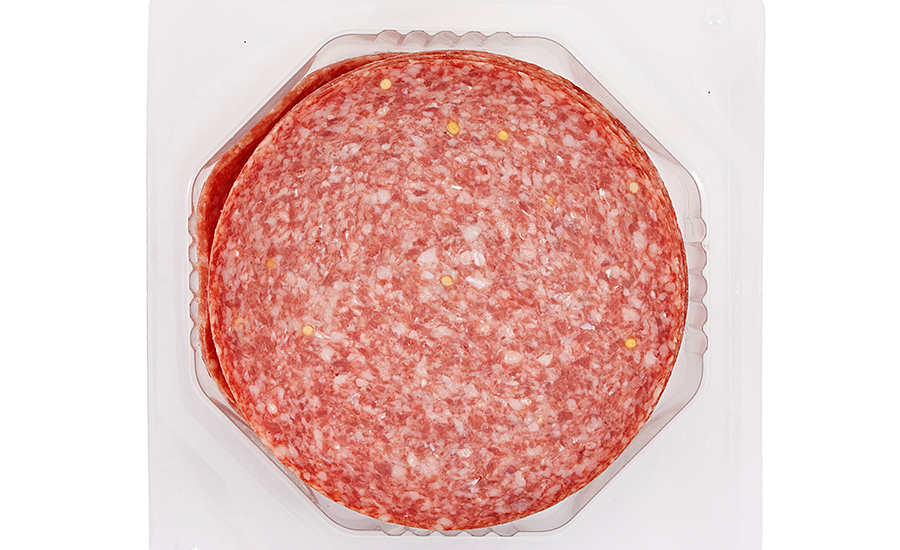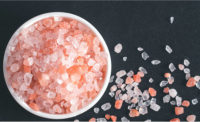Driven by consumer preference for natural or clean-label products, shelf-life-extending ingredients that are growing continue to be natural or clean-label ingredients. For example, food-grade cultured-dairy- and/or sugar/dextrose-based ingredients along with plant extracts, buffered vinegar and citrus-based products are all growing in use.
“These shelf-life extenders are basically antimicrobials and/or antioxidants that help reduce microbial growth that impacts product safety or reduce the growth of spoilage organisms that impact product quality attributes such as color, flavor and aroma,” explains Wesley Osborn, associate professor of meat processing at Texas A&M University, in College Station. “These ingredients can be added to the product formulation or be applied to the product after it has been thermally processed.”
Kantha Shelke, food scientist and principal at Corvus Blue, in Chicago, says processors combat food degradation throughout shelf life sustainably with a portfolio of shelf-life extenders across a range of technology platforms, including fermentation metabolites, vinegar-based ingredients, functional flavors, live cultures and plant extracts.
“Bioprotection is a new clean-label way to combat pathogens and extend shelf life naturally in meat and poultry,” she explains. “It entails controlled fermentation, where good bacteria are added to prevent and slow down bad bacteria, yeast and mold in food and, thus, help keep food fresh for longer, reduce the risk of Listeria and reduce food waste.”
Vinegar, another growing ingredient, is the source for simple, recognizable, ingredients with greater appeal to consumers as a naturally derived preservative that reduces age-related discoloration in fresh meat. “In cured meats and dry-cured smoked salmon, it guarantees a good sensory experience, while also controlling Listeria growth,” Shelke explains.
Buffered vinegar is another clean-label alternative used to protect meat, poultry and fish because it offers a balanced flavor profile and can protect deli meats from the growth of spoilage bacteria and pathogens. Buffered vinegar has no negative effect on meat quality and properties such as water-holding capacity for juiciness, protein denaturation, color and flavor, she adds.
In turn, understanding and selecting the right shelf-life extender for the product type and purpose remains the greatest challenge for processors. Conventional shelf-life extenders, such as sodium nitrite, sodium phosphates, sodium erythorbate, lactates and diacetate, or synthetic antioxidants such as propyl gallate, butylated hydroxyanisole or butylated hydroxytoluene, are well documented for their ability to extend shelf life, Osburn explains. “Processors are comfortable using these ingredients, and there are regulatory guidelines established for their use,” he says.

If a processor wishes to manufacture a natural version of the product, it is more challenging to select the right natural ingredient to replace a conventional shelf-life ingredient that will provide the desired product shelf life without impacting other product attributes, such as color and flavor, Osburn explains.
He believes the industry will continue to see new natural and clean label shelf-life extending ingredients being produced from a variety of sources. Research at Texas A&M has used a combination of three Food Safety and Inspection Service (FSIS)-approved shelf-life extender ingredients applied as a solution at very low levels during product manufacture with promising results, however, additional research is needed.
“This solution could possibly be classified as a processing aid, and, therefore, would not have to be listed on the product label,” Osborn explains. NP




